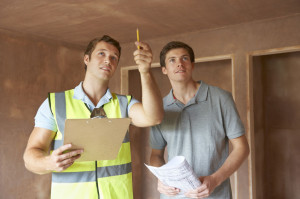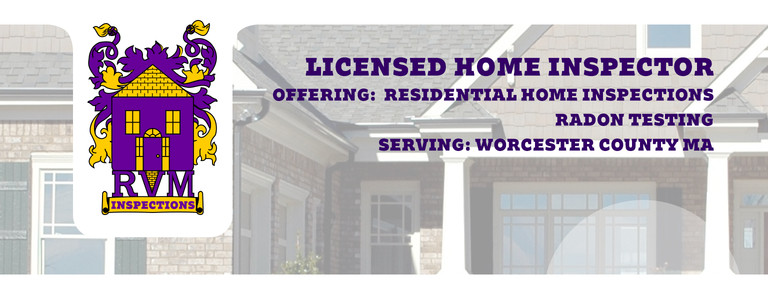If you are buying a home, at some point in the process, you’ll have a home inspection completed. The home inspection can detect specific flaws that may prevent you from buying a home or give you some wiggle room to negotiate on pricing.
 Two associations, the American Society of Home Inspectors (ASHI) and the International Association of Certified Home Inspectors (InterNACHI), have developed professional standards for the home inspection industry.
Two associations, the American Society of Home Inspectors (ASHI) and the International Association of Certified Home Inspectors (InterNACHI), have developed professional standards for the home inspection industry.
First of all, you should choose your home inspector wisely and make sure they have a professional license and are a member of a professional inspection organization. This will help guarantee you can trust the home inspector’s work.
You can expect to see a narrative report with an overview of the general condition of the home. The home inspection report will detail any defects found in home systems and ones that are dangerous if left uncorrected. The inspector will detail each problem including the seriousness of the defect and what will happen if the problem is not corrected. Finally, they will give a recommendation for a plan of action to address any problems found during the inspection.
Your home inspector will check these home systems for any defects and each systems operability.
- Foundation or structural issues: One of the most essential elements in a home inspection is checking for any structural damage or damage to the home’s foundation. These repairs can be costly and take a long time to complete. The inspector will check to see if the foundation is level or if the home appears to be sagging. One clue to foundation issues is uneven floors or windows that appear crooked.
- Electrical systems: Wiring must be up to today’s codes to support appliances and other items you plug in. The inspector will check circuit breakers, light fixtures and light outlets to make sure they are all working properly.
- Appliances: An appliance inspection makes sure any built-in appliances or other non-attached appliances are in proper working order. This includes your stove, refrigerator, microwave and your washer/dryer.
- Garage: The home inspector looks at the garage floors, windows, ceiling and roof to check for damage, as well as making sure all electrical outlets, plumbing and garage door openers are in proper working order.
- Fire safety: Your home inspector will look for the property number of firm alarms, fire extinguishers and fire sprinklers, making sure they are all operational and in good working condition.
- Roof: The roof inspection checks for leaks and any damage to shingles along with any chimneys or gutters.
- Plumbing: A plumbing inspection ensures your plumbing structures are in good working order. The inspector will check for leaks from the septic system and make sure your home has proper drainage.
- HVAC: The HVAC inspection includes all cooling and heating systems in the home, making sure there are no defects.
- Insulation: Your attic must have proper insulation as well as your walls, as well as being properly ventilated.
- Outside structures: This inspection includes the condition of any fences, driveways, or sidewalks on the outside of your home.
Your family’s safety is too important to leave to chance. Give us a call to schedule your professional home inspection today! (774) 200-0519








